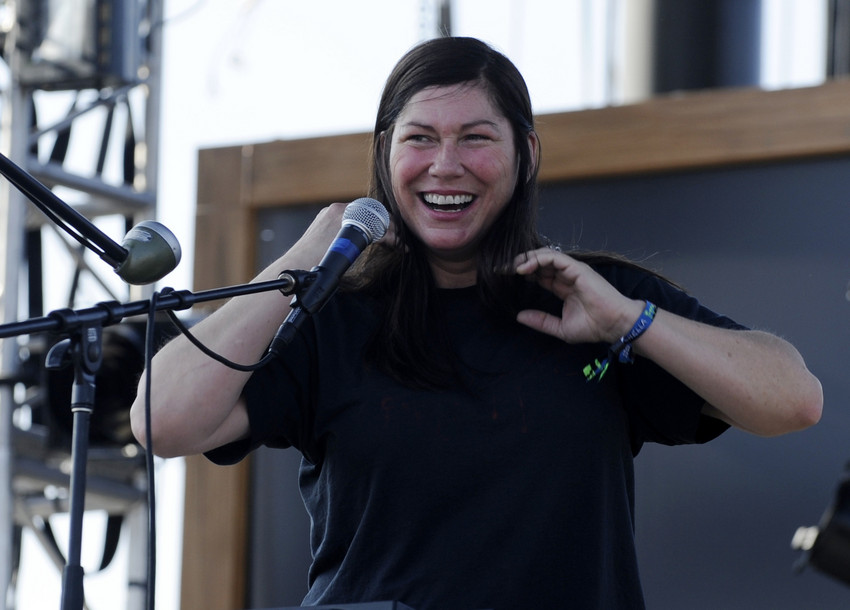Declaration of independence: From politics to indie rock
By Katie O'Brien

Declaration of independence: From politics to indie rock
By Katie O'BrienThe Fourth of July is, without question, my favorite holiday: It is the only holiday where it is socially acceptable to set off explosives, spend part of the day in a potato sack—ideally eating potato salad between hops—playing a fife with a flag painted across your face. But somewhere between a spontaneous relay race and a Roman candle flare, as Whitney Houston’s (R.I.P.) rendition of the “Star Spangled Banner” blares in the distance, you stop to think about what it is you’re celebrating: independence.
When you think about what it means to be independent, context is key: When used in the American historical context, it is a celebration of sovereignty; when my mother uses it to explain why none of her adult children are married, “independent” is a euphemism.

Attorney and sociologist Laura Beth Nielsen is the director of the Center for Legal Studies at Northwestern University. She says the idea of independence in America is one of the most powerful concepts one can deploy in a political or legal argument. Its meaning has, like many things, evolved over time. In modern America, Nielsen says, independence is the freedom to do certain things—to speak, to assemble, to worship. But it’s also the right not to do certain things.
“So there’s a positive and a negative element to declaring independence and freedom,” Nielsen explained. “And those things often come into conflict. And so it becomes the role of government to moderate and maintain that balance.”
No problem there—one unanimous decision after another in American politics.
Independence Road is long, windy and difficult. Which is why, Nielsen says, we celebrate people when they’re able able to break out of whatever oppressive system they’re in.
Author, playwright and disability rights activist Susan Nussbaum says it is a uniquely American perspective to overemphasize and worship independence and the idea of “going it on your own.” The ability to pull oneself up by the bootstraps is revered. The trouble with that mentality, Nussbaum says, is that the feature we’re raised with is that dependence equals shame.
The ability to produce, engineer and create music independently is a point of pride for artists like Steve Albini. Several years ago, the man who engineered Nirvana’s In Utero, penned a manifesto of sorts, titled, “The Problem with Music.”
In less delicate terms than these, Albini described the moment before a band signs with a major label as teetering on the edge of a trench that’s about 4-feet wide and 5-feet deep, maybe 60 yards long…filled with runny, decaying poop.
Albini was interviewed in the 2002 documentary, D.I.Y. or Die: How to Survive as an Independent Artist.
“Doing things yourself is valuable in its own sake because it teaches you more about the circumstances that you work in and it teaches you more about the different aspects of your existence,” Albini said.
Established artists will frequently turn when an alternative, indie route reveals itself to claim complete control. For her band’s first self-release, frequent Albini collaborator, Breeders leader and Pixies bassist Kim Deal and her band mates tackled everything from artwork to web sales.
“It seems that now, more than at any other time in the past, we could put the music out ourselves - hand-screen some cool artwork ourselves, sell the EPs at our shows and on our website, as well as get them to traditional record stores and other online outlets. So, we’re just going to press up a thousand twelve-inch vinyls,” Deal wrote in a press release about Fate to Fatal’s release.
Deal is currently working with Albini at his Electrical Audio studios in Chicago. So they joined Afternoon Shift, Nielsen and Nussbaum to declare their own interpretation of independence.
And we want to hear from you too! Tell us what independence means to you: Call 312-923-9239 or join the conversation on Twitter at #AfternoonShift.
